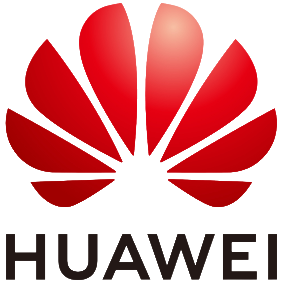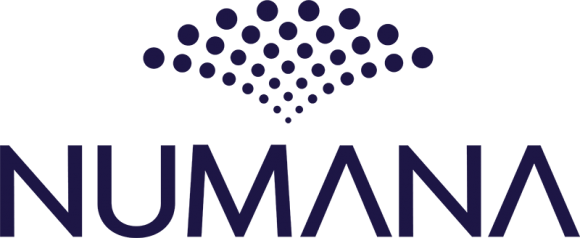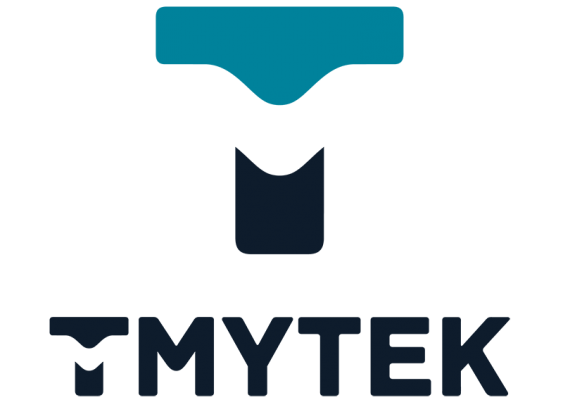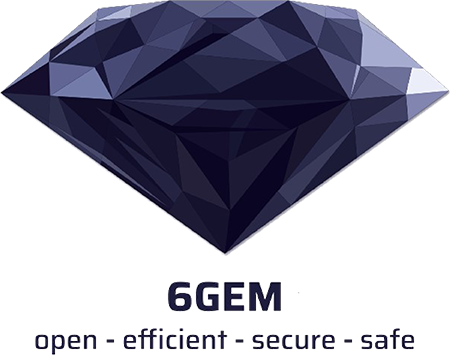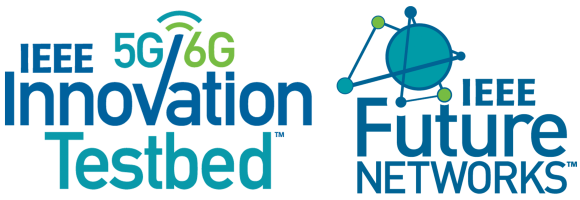Young Professionals (YP) Program at ICC 2025
The IEEE Young Professionals (YP) are excited to announce a unique and engaging program featuring networking opportunities, career insights, mentoring, and skill building. The following program will be held during ICC 2025 in Montreal, Canada.
The YP activities are free for any ICC participants (Full/Limited or no registration to the conference): No need to register, it is included with your registration.
|
Tuesday, June 10, 2025 2:00 PM - 3:30 PM |
Panel Discussion 1: Topic: 6G Key Enablers: Opportunities and Roadblocks Toward the Next-Generation Wireless Networks Organizers: Virginia Pilloni, University of Cagliari, Italy Nima Javanbakht, Sanmina Corp., Canada Hongliang Zhang, Peking University, China Moderator: Afsoon Alidadi Shamsabadi, Carleton University, Canada Panelists: Halim Yanikomeroglu, Carleton University, Canada Walid Saad, Virginia Tech, USA Emil Björnson, KTH Royal Institute of Technology, Sweden |
|
Tuesday, June 10, 2025 4:00 PM - 5:30 PM |
Panel Discussion 2: Topic: Engineering & Science in the Age of AI: Strategies for Success and Innovation Organizers: Virginia Pilloni, University of Cagliari, Italy Nima Javanbakht, Sanmina Corp., Canada Hongliang Zhang, Peking University, China Afsoon Alidadi Shamsabadi, Carleton University, Canada Raghav Thanigaivel, Telus, Canada Moderator: Monirosharieh Vameghestahbanati, Senior Wireless Research Engineer, Huawei Canada Panelists: Omid Semiari, Intel, USA Henk Wymeersch, Chalmers University, Sweden Raghav Thanigaivel, Telus, Canada Irem Bor, Intel Labs in Santa Clara, CA |
Panel Discussion 1:
Topic:
6G Key Enablers: Opportunities and Roadblocks Toward the Next-Generation Wireless Networks
Abstract:
As the demand for immersive, ultra-reliable, and low-latency communication continues to grow, 6G is envisioned to revolutionize wireless networks through a suite of disruptive technologies. This talk explores the key enablers of 6G—such as terahertz communication, ultra-massive MIMO, integrated non-terrestrial and terrestrial networks, AI-native architectures, and intelligent surfaces—and their potential to transform connectivity across industries. While these innovations promise unprecedented performance gains, their realization is challenged by technical, regulatory, and deployment complexities. This session offers a comprehensive overview of both the transformative opportunities and critical roadblocks on the path to building scalable, secure, and sustainable 6G networks.
Moderator:

Afsoon Alidadi Shamsabadi, PhD Candidate, Carleton University, Canada
Afsoon Alidadi Shamsabadi (She/Her) is a Ph.D. Candidate and Contract Instructor in the Department of Systems and Computer Engineering at Carleton University. She holds a Master’s degree from Sharif University of Technology (2014) and has six years of industry experience at Huawei Technologies, where she served as a Solution Sales Manager specializing in wireless network solutions. Since beginning her Ph.D. in 2021 under the supervision of Professor Halim Yanikomeroglu, her research has focused on the integration of High Altitude Platform Stations (HAPS) with terrestrial wireless networks for next-generation communications. Afsoon is actively involved in the engineering community, currently serving as Chair of IEEE Women in Engineering Ottawa and Vice-Chair of IEEE Young Professionals Ottawa.
Panelists:

Halim Yanikomeroglu, Chancellor’s Professor, Carleton University, Canada
Halim Yanikomeroglu is a Chancellor’s Professor in the Department of Systems and Computer Engineering at Carleton University, Canada; he is also the Director of Carleton-NTN (Non-Terrestrial Networks) Lab. He is a Fellow of IEEE, Engineering Institute of Canada (EIC), Canadian Academy of Engineering (CAE), and Asia-Pacific Artificial Intelligence Association (AAIA). Dr. Yanikomeroglu has coauthored a high number of papers in 33 different IEEE journals; he also has 41 granted patents. He has supervised or hosted at Carleton 170 postgraduate researchers; several of his former team members have become professors in Canada, US, UK, and around the world. He has given around 200 invited seminars, keynotes, panel talks, and tutorials in the last ten years. He has served as the Steering Committee Chair, General Chair, and Technical Program Chair of several major international IEEE conferences, as well as in the editorial boards of several IEEE periodicals. He also served as a Distinguished Speaker for IEEE ComSoc and IEEE VTS. Dr. Yanikomeroglu received many awards for his research, teaching, and service. He holds a PhD degree in electrical and computer engineering from University of Toronto.

Walid Saad, Professor, Virginia Tech, USA
Walid Saad (S’07, M’10, SM’15, F’19) received his Ph.D degree from the University of Oslo, Norway in 2010. He is currently the Rolls Royce Commonwealth Professor in Digital Twin Technology and a Professor at the Department of Electrical and Computer Engineering at Virginia Tech, where he leads the Network intelligEnce, Wireless, and Security (NEWS) laboratory. His research interests include wireless networks (5G/6G/beyond), machine learning, game theory, quantum communications/learning, security, UAVs, semantic communications, cyber-physical systems, and network science. Dr. Saad is a Fellow of the IEEE. He is also the recipient of the NSF CAREER award in 2013, the AFOSR summer faculty fellowship in 2014, and the Young Investigator Award from the Office of Naval Research (ONR) in 2015. He was the (co-)author of twelve conference best paper awards at IEEE WiOpt in 2009, ICIMP in 2010, IEEE WCNC in 2012, IEEE PIMRC in 2015, IEEE SmartGridComm in 2015, EuCNC in 2017, IEEE GLOBECOM (2018 and 2020), IFIP NTMS in 2019, IEEE ICC (2020 and 2022), and IEEE QCE in 2023. He is the recipient of the 2015 and 2022 Fred W. Ellersick Prize from the IEEE Communications Society, of the IEEE Communications Society Marconi Prize Award in 2023, and of the IEEE Communications Society Award for Advances in Communication in 2023. He was also a co-author of the papers that received the IEEE Communications Society Young Author Best Paper award in 2019, 2021, and 2023. Other recognitions include the 2017 IEEE ComSoc Best Young Professional in Academia award, the 2018 IEEE ComSoc Radio Communications Committee Early Achievement Award, and the 2019 IEEE ComSoc Communication Theory Technical Committee Early Achievement Award. From 2015-2017, Dr. Saad was named the Stephen O. Lane Junior Faculty Fellow at Virginia Tech and, in 2017, he was named College of Engineering Faculty Fellow. He received the Dean's award for Research Excellence from Virginia Tech in 2019. He was also an IEEE Distinguished Lecturer in 2019-2020. He has been annually listed in the Clarivate Web of Science Highly Cited Researcher List since 2019. He is the Editor-in-Chief for the IEEE Transactions on Machine Learning in Communications and Networking.

Emil Björnson, Professor, KTH Royal Institute of Technology, Sweden
Emil Björnson received the M.S. degree in engineering mathematics from Lund University, Sweden, in 2007, and the Ph.D. degree in telecommunications from KTH, in 2011. He is a Full Professor in wireless communication with KTH Royal Institute of Technology, Sweden. From 2012 to 2014, he was a Postdoc with Alcatel-Lucent Chair on Flexible Radio, SUPELEC, France. From 2014 to 2021, he held different professor positions with Linköping University, Sweden. He was a Visiting Full Professor with KTH from 2020 to 2021, before obtaining a tenured position in 2022. He has performed MIMO research for 18 years, his papers have received more than 28000 citations, and he has filed more than 20 patent applications. He has authored four textbooks, and he has been an Associate Editor for multiple IEEE transactions and magazines. He is a host of the podcast wireless future and has a popular YouTube channel with the same name. He is a Wallenberg Academy Fellow, a Digital Futures Fellow, and an SSF Future Research Leader.




